Breakthrough Technology, Breaking Down Barriers
2016-12-12 | By Orcam Staff
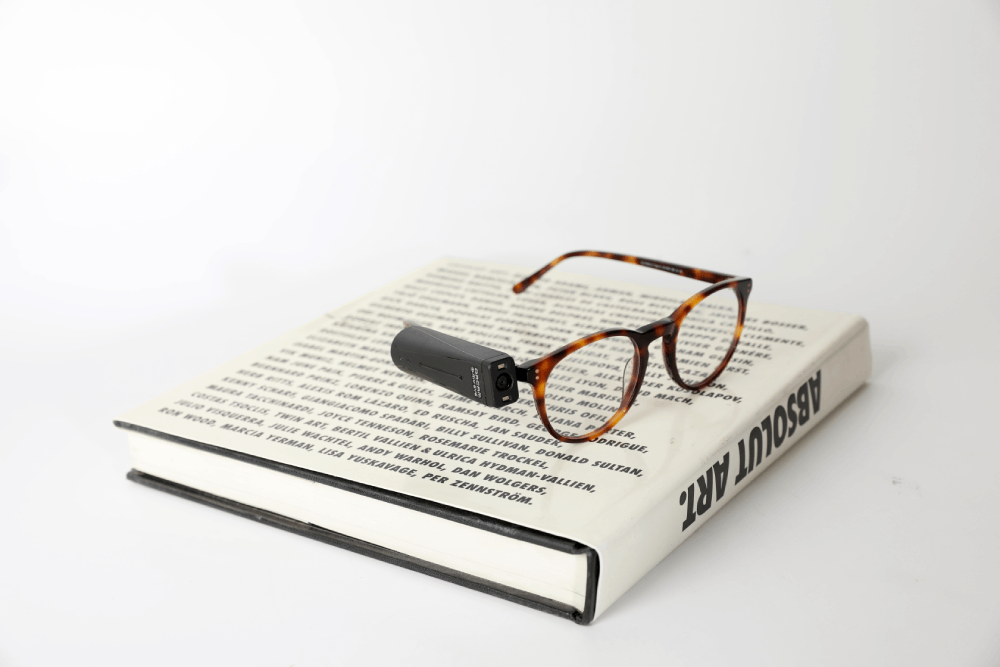
I was born with several retinal diseases: iris atrophy, retinitis pigmentosa, and myopia degeneration. I had corrected lenses until my mid-forties, with the onset of cataracts due to the progression of an eye disease. In 2012 I was diagnosed with blindness.

One of the toughest challenges which I face due to my vision loss is acceptance. Acceptance is a major struggle in losing one’s sight. Knowing that restoration is the only option in the future can be disheartening at times. I am a researcher and love learning, but often cause harm to myself by fruitless attempts to harness my little remaining sight to read or type text. This exertion causes me to frequently suffer from eyestrain. I have tried other assistive technology devices and have found OrCam to be the most effective – by far. Apps on smartphones are not smooth enough for me. Unlike OrCam, that type of solution does not utilize Artificial Intelligence. As a former certified computer technician, I want to be in control of the technology and not constantly be in a learning curve.
I first heard about OrCam during my rehabilitation at Migdal Or (Lighthouse) in Israel, when I was introduced to Liat Negrin, who was giving a demonstration of OrCam MyEye. I was profoundly impressed by OrCam during my initial experience of the device’s truly breakthrough technology. I was experiencing truly breakthrough technology. Using OrCam, I could instantly read text from my smartphone, a book or a street sign outside. The OrCam device is compact, inconspicuous and completely mobile – I take it with me everywhere I go. OrCam allows me to be self-reliant since all printed text is now accessible to me.
OrCam allows me greater accessibility to practice her hobbies, including DNA genealogy, learning to play the electronic keyboard and reading books.

I study Hebrew and found that OrCam can be extremely useful for ulpan (Hebrew language courses). It’s a great way to develop inclusion for those with visual impairments who attend a normative ulpan, as opposed to a setting designated for the blind/visually impaired. Class participation with other students enables increased social interaction, as well as helping to promote the breaking down of barriers of society’s disposition and stereotypes about people living with blindness. I am the founder and Chairperson for the International Foundation for the Challengers of Blindness. OrCam helps me a lot at work since correspondence and documents need to be read both in Hebrew and English. Using OrCam has been a powerful asset for me.
OrCam has helped me regain my independence and to feel comfortable about living with my visual disabilities. This revolutionary technology continually compensates for my vision loss. Instead of using tremendous amounts of effort to complete reading tasks, OrCam has enabled me to reserve my energy for personally rewarding activities such as bowling and traveling.
More Stories
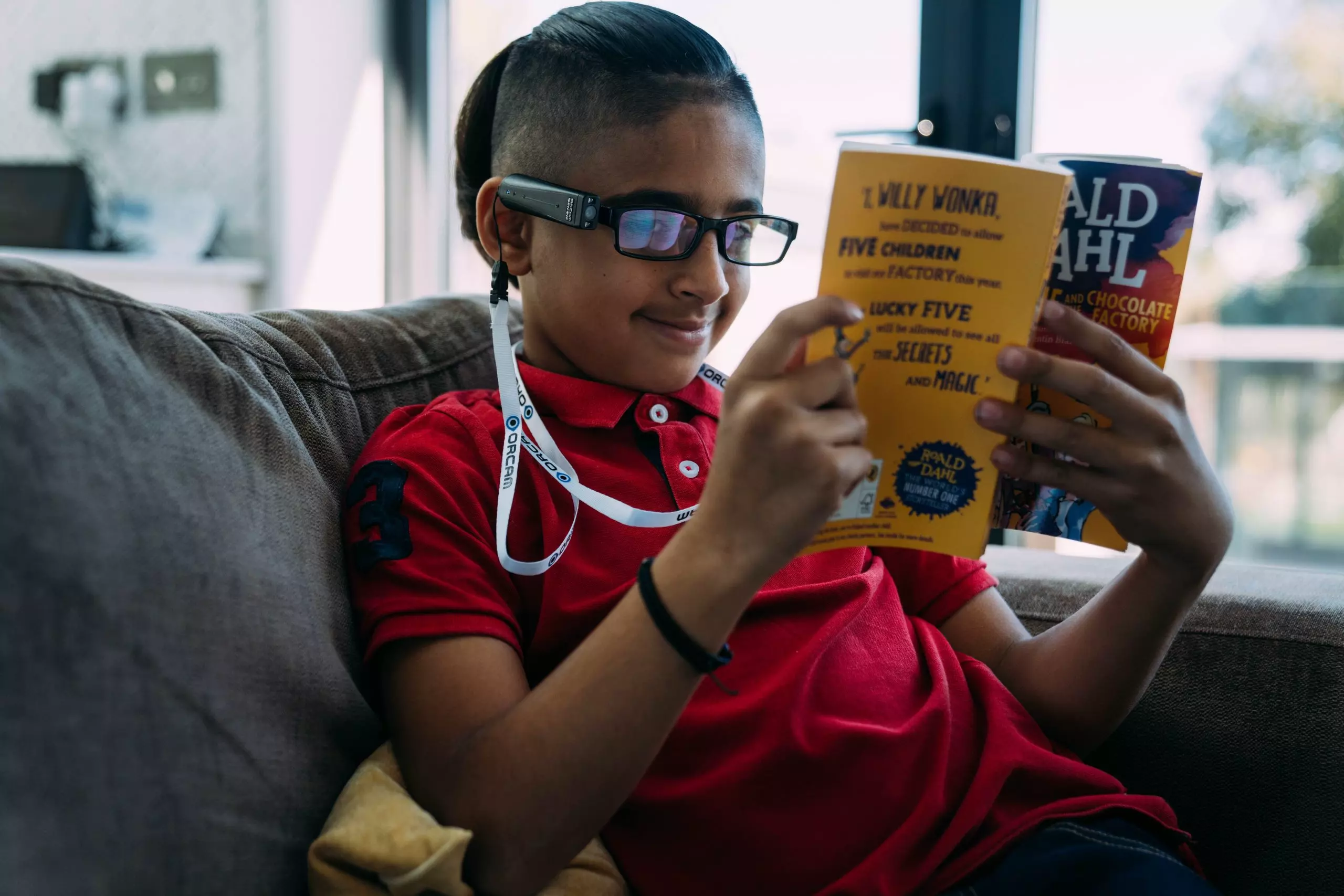
OrCam's tech empowers blind 10-year-old soccer fan to find independence
2024-01-23 | By OrCam Staff

A Girl With Reading Challenges Receives A Life Changing Gift
2024-01-16 | By OrCam Staff
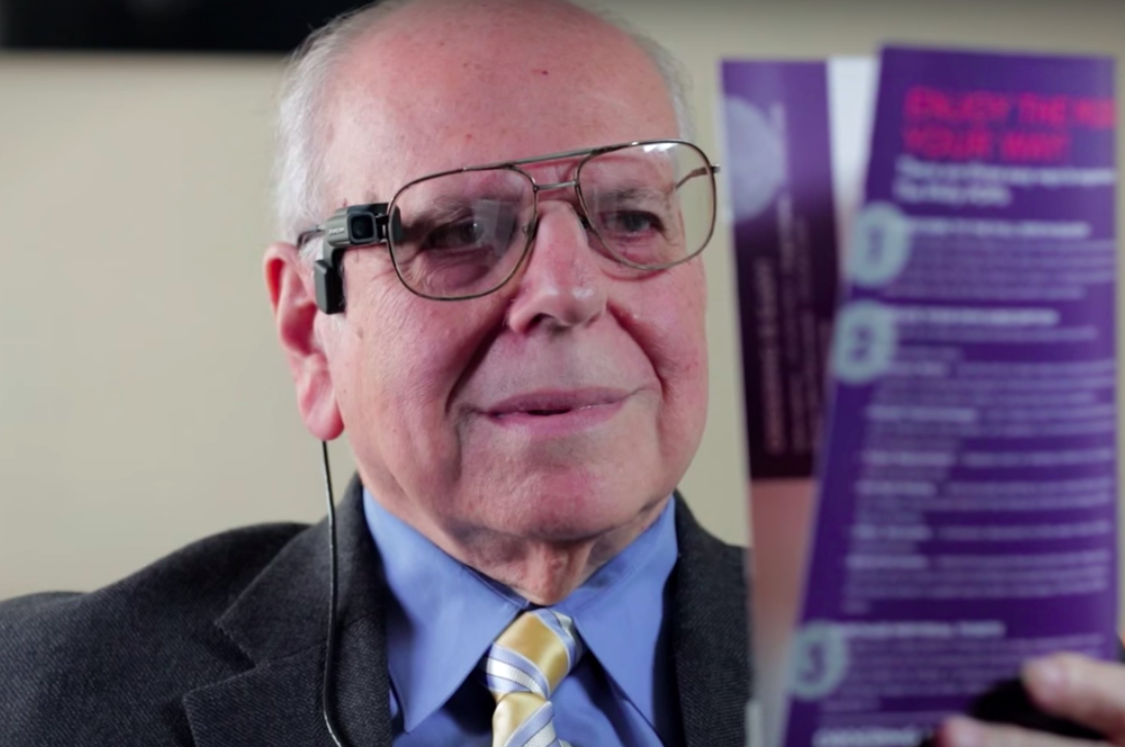
How OrCam Has Liberated Me: Dr. Leonard Rosenfeld's Story
2024-01-16 | By OrCam Staff
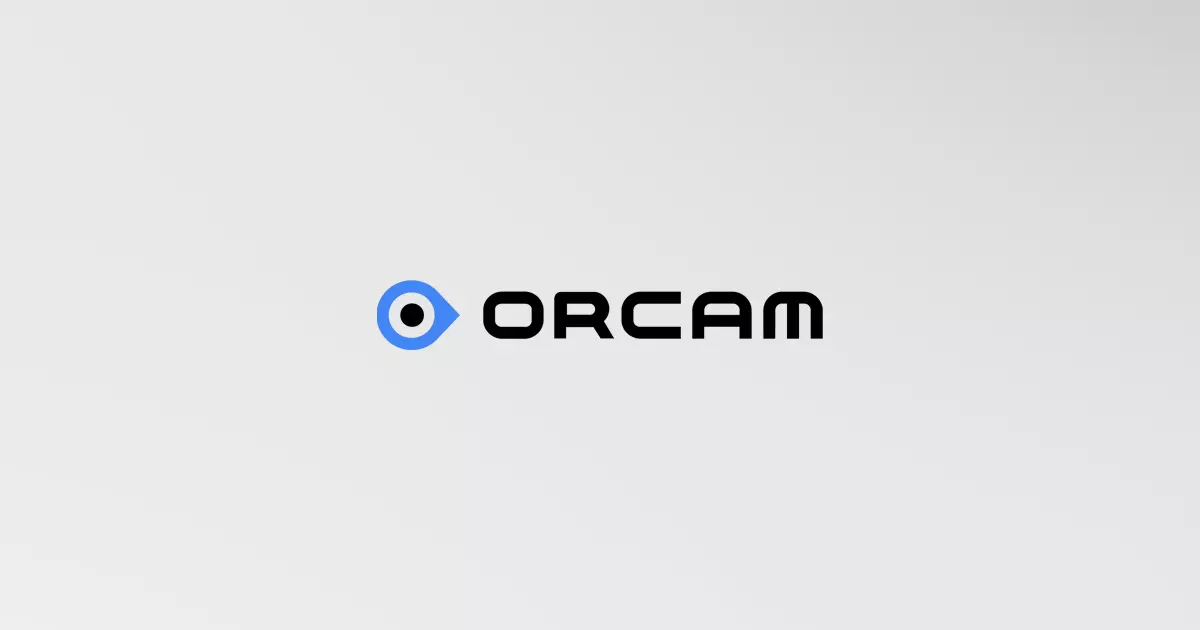
Meet Eli, OrCam's Youngest User Dealing with Childhood Blindness
2024-01-16 | By OrCam Staff

Re-Learning How to Read: How OrCam has Transformed My Vision
2024-01-10 | By OrCam Staff
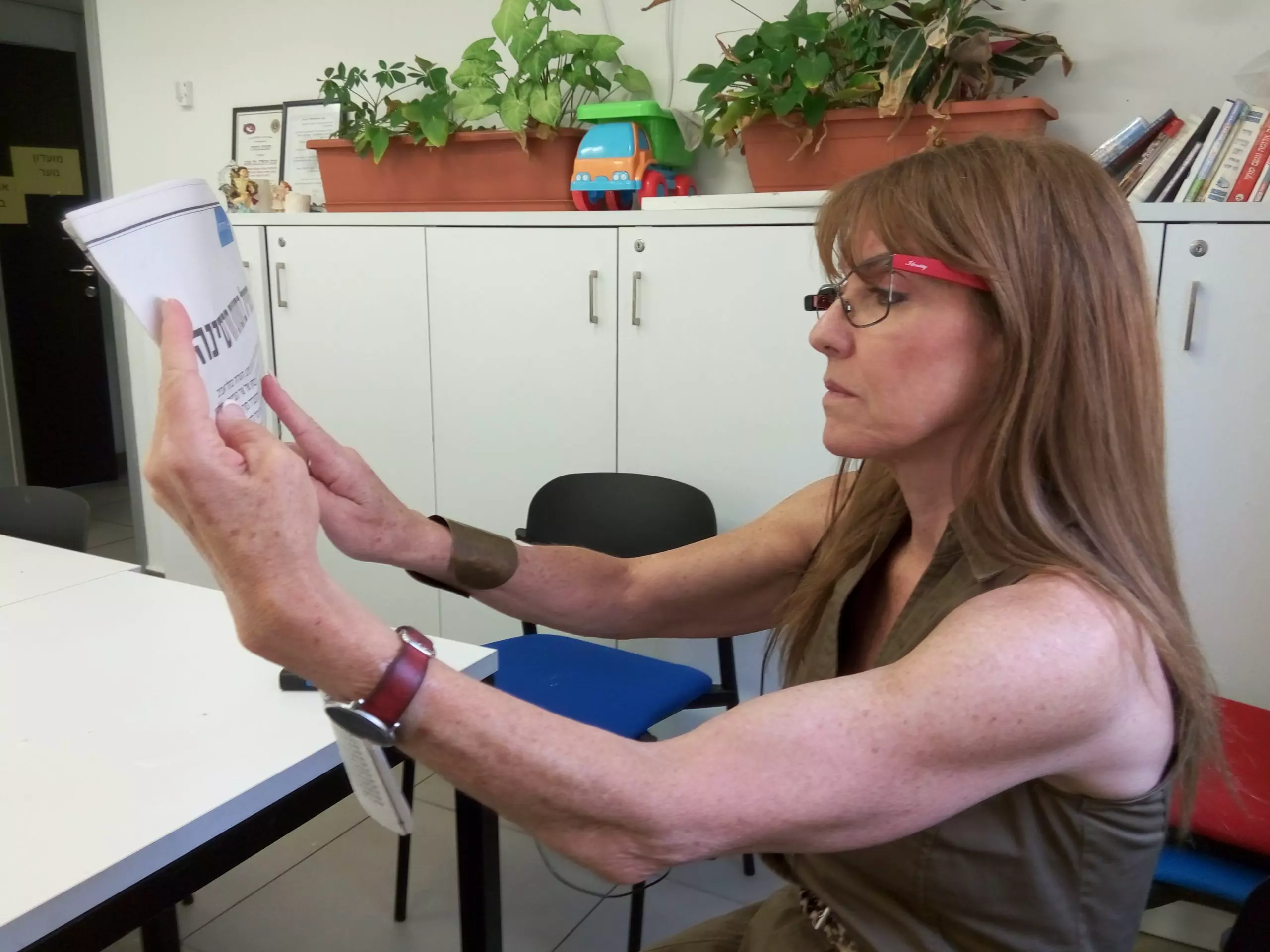
Read the guest post by Hadas Bar - OrCam
2023-12-17 | By OrCam Staff



